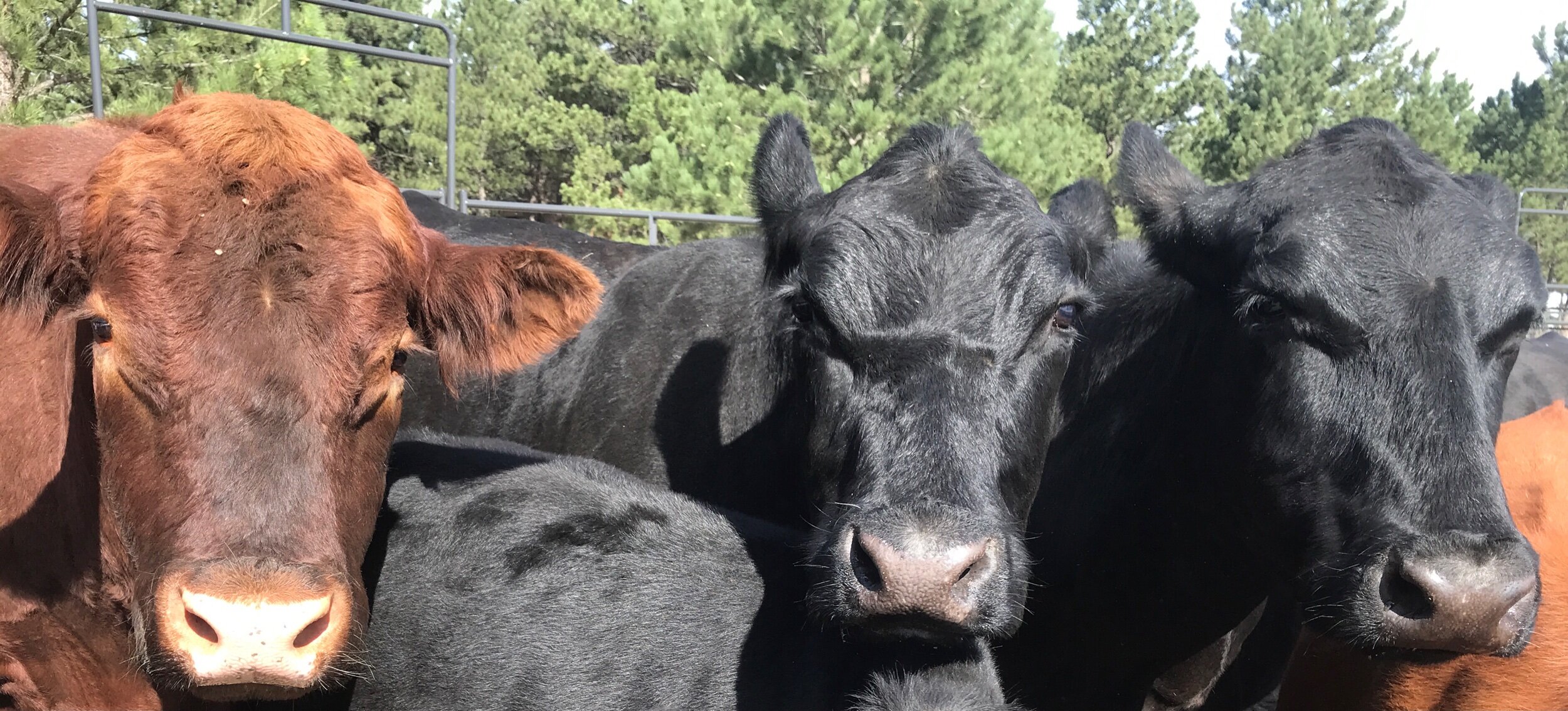As a society, we don’t like to see animals suffer, which frequently turns to activism. There’s nothing inherently wrong with activism, as long as it is based on hard facts and is therefore justified. But it’s easier to jump on a crusade bandwagon than it is to think responsibly and do real research. This happens all the time. I often get invitations to sign petitions against some form of perceived animal cruelty, and rarely find much fair thinking in them. These run the gamut but are usually about opposition to mustang roundups, horse slaughter, and sometimes even horse racing and rodeo. I also sometimes have conversations with people who are concerned that bits and spurs are too harsh to be used, and that young horses should not be worked- and certainly not shown- until they are mature. This article isn’t meant to get far into these debates, but instead is a brief, 1,000 foot look at a major component these animal rights discussions are commonly lacking.
Well maintained bucking bulls hanging out on a bed that doubles as a buffet
The biggest missing ingredient I’m referring to is realism. Primarily, the realistic realization that life does not always offer a perfectly comfortable option- that ethics often forces us to choose between less than ideal scenarios. In order to rehab animal ethics debates, we need more realism about the cruelty of nature, and the comparative comfort of domestication. Realism about the existence of bottom-rung horses, and there being few places for them in society. Realism about horses needing training, even hard training at times. Realism about livestock bred for a purpose that makes their lives better. The reality is, livestock, including horses, usually live their best lives (even if those lives are short) when they are managed with an end game in mind. That end game might be horse shows, rodeos, or even slaughter, but regardless, these ends provide the means and motivation to care properly for the animals.
Look at cattle in India as a counterexample. Slaughter is illegal in most areas there, and where it isn’t illegal, it is still considered socially unacceptable by many. Therefore, those who raise cows can only afford to feed them if they are independently wealthy, because the meat industry isn’t profitable for them. As a result, many farmers just turn their cattle loose, where the public has to care for them. Unfortunately, this rarely happens to any sufficient extent, and India’s cattle are doomed to a life where they roam for a brief time until they inevitably starve, get sick, and die a cruel death. (Here’s a good article on that if you’re interested: https://www.bbc.com/news/world-asia-india-34513185) On the contrary, America’s beef cattle are generally fat, happy, treated when sick or injured, and kept as safe as possible for 18 months to 2 years until it is their time to meet their maker (swiftly and humanely).
Here’s a vital principle: discomfort doesn’t mean there is something ethically wrong. One of the most important things to realize when thinking through ethical dilemmas is that sometimes, there just isn’t a comfortable answer. What feels uncomfortable is sometimes the best choice available. Therefore, ethics is the art of choosing the best possible outcome, rather than inventing a happy ending which isn’t really there. Caring about animals requires knowing the whole story, and challenging ourselves to accept difficult, but realistic thoughts. There are legitimate abuse cases, without question. But our discomfort is not on its own enough to prove abuse. Wise activism is perfectly compatible with, and even depends upon, fully understanding the many industries that use and profit from animals. The wisest activism recognizes that we are stewards of a fallen world, charged with doing the best we can within that reality.








